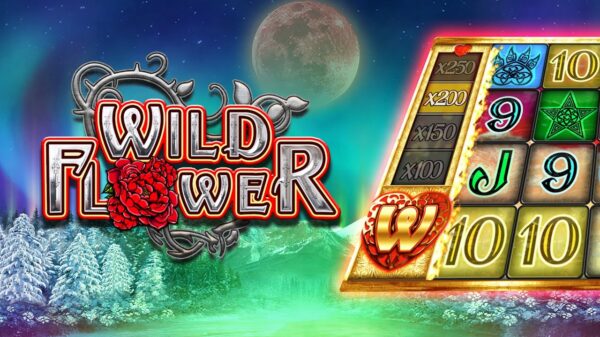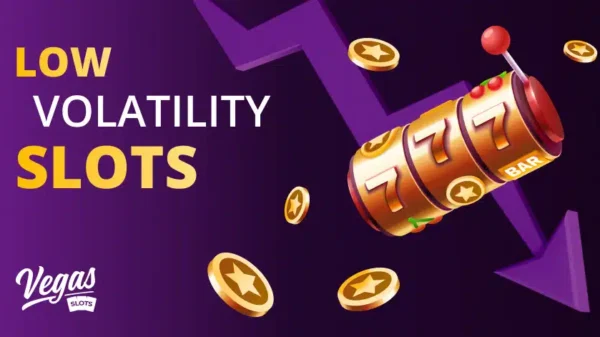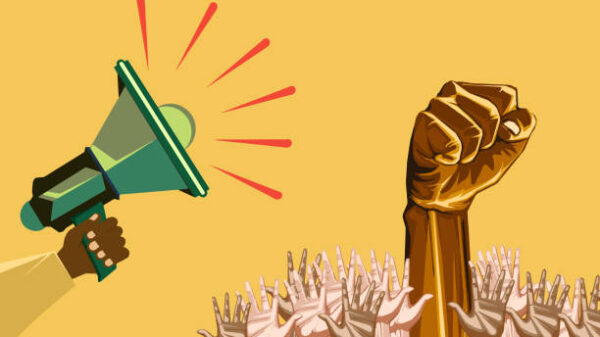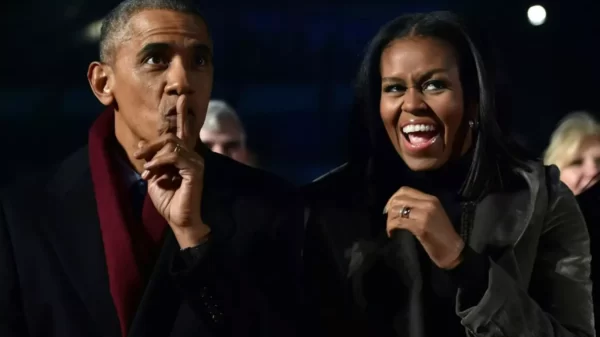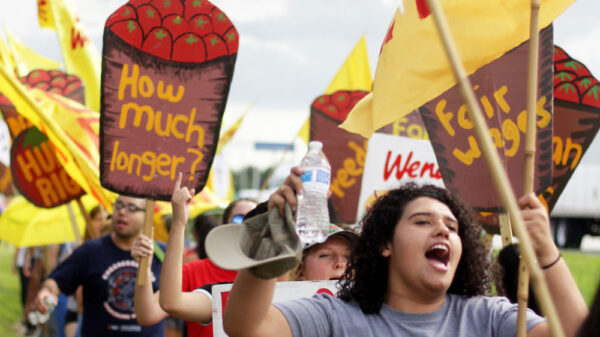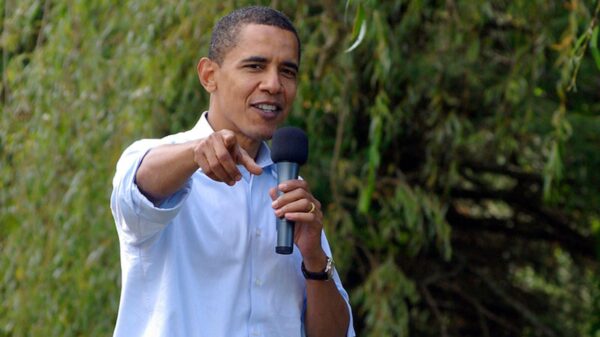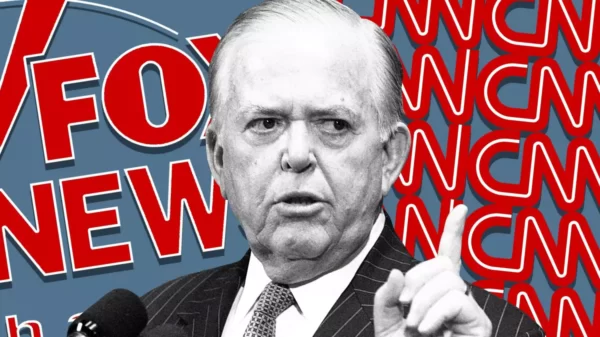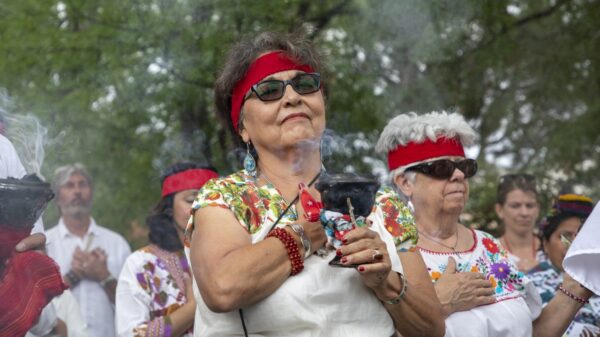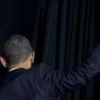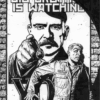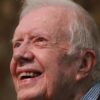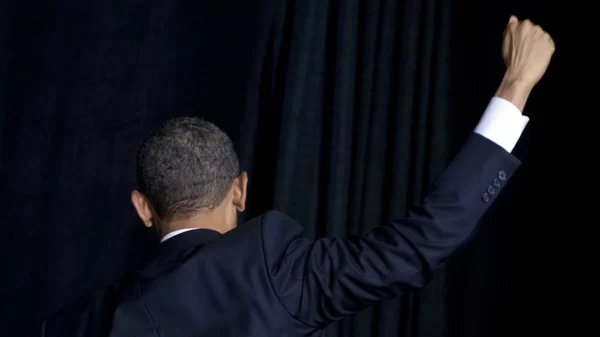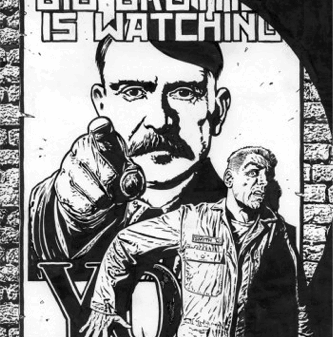The novelist as courageous columnist
July 27, 2004 — Soon after Mario Vargas Llosa settled in Madrid and London in the early ’90s, he began writing a fortnightly syndicated column for the largest newspaper in Spain, El País. This wasn’t completely new to the novelist; since 1977 he had contributed commentary to various publications in Europe and the Americas, but he now committed himself to it regularly.
I’VE BEEN an assiduous follower of the column, “Piedra de toque,” or “Touchstone,” since 1992 and can’t think of an intellectual platform in the entire Hispanic world—and maybe beyond, too—that’s as courageous, cosmopolitan and polemical as this one is.
On occasion the English-language reader has been treated to one of these columns in a translation commissioned by the op-ed page of The New York Times. Happily, “The Language of Passion” (277 pages. Farrar, Straus & Giroux. $24), a harvest that includes some of the most memorable pieces in “Touchstone” plus a handful of extra essays and speeches, has just been published in a capable English translation by Natasha Wimmer. The volume allows for a rare opportunity to ponder how Vargas Llosa’s mind works and the way he has changed ideologically. “I don’t mean to celebrate or condemn the controversy sparked by my articles,” he writes. “I simply present it as proof of the independence and freedom with which they were written.”
Vargas Llosa is an outstanding novelist, although the consensus among critics is that his early fiction is far superior to his later works, even his two recent historical novels, the admirable “The Feast of the Goat” and “El Paraiso en la Otra Esquina,” a novel about Paul Gauguin, which hasn’t been released in translation yet. In “The Green House” and “Conversation in the Cathedral,” he delivered an X-ray of Peruvian society, from the apathetic upper class to the impoverished Quechua population, but placed special emphasis in the small middle class he himself is a product of, always ambivalent about how to resolve the tension between its loyalty to the aboriginal past and its infatuation with European and American influences. These ambitious, influential volumes were released in the 1960s when the author was still in his 30s.
They were followed by the astonishing “War of the End of the World” in which Vargas Llosa revisits the tension between politics and religion in 19th-century Brazil. Then came more lighthearted, personal novels like “Aunt Julia and the Scriptwriter,” about radio soaps in the Lima of the ’50s, and detective potboilers such as “Who Killed Palomino Molero?” Their quality was estimable and the technique remained consistent. Nevertheless, the feeling was that somewhere along the way the novelist had lost his gravitas. Another dictator, another erotic sojourn, another indictment of military corruption—the author was repeating himself. He seemed to rush books to the printer in order to remain in the spotlight. Was he a victim of his own success?
Then came the detour into presidential politics. Vargas Llosa lost to Alberto Fujimori, who soon embraced dictatorship. At the time, many of us thought that, no matter what the result of the election in Peru was, Vargas Llosa’s literary career was over; he appeared to have invested too much of himself in the campaign. He is a survivor, though. In 1991, after his embarrassing defeat, he promised never to run again for public office. Fortunately, he didn’t promise to quit politics altogether. His revenge has been to focus his full attention in the fervor behind ideas. He is particularly interested in the challenges and ultimate survival of pluralism.
That, in short, is what “The Language of Passion” is about. From Shakespeare’s “The Merchant of Venice” to immigration from Africa and the Americas to Europe and the United States, from the death of literature in a technologically obsessed culture to the chances of a truce in the Palestinian-Israeli conflict, from the symbolism of Nelson Mandela’s odyssey to abortion and the Roman Catholic Church and Tony Blair’s managerial talents, a glance at the book’s contents shows the range of Vargas Llosa’s interests. (The absence of any direct reference to 9-11 is understandable, as the original Spanish-language publication was in 2000.)
But one needs to navigate the essays patiently to appreciate their true quality. Their success isn’t found in the topic Vargas Llosa addresses but in the way he explores them.
In approximately 1,500 words, any given piece begins by putting a news item under scrutiny—a nasty passing comment about Bolivia by an Italian politico, an exhibit of the art of Claude Monet—then debating the impact of a set of broad ideas in society. The acquittal of Dr. Jack Kevorkian, for instance, pushed Vargas Llosa into a deep meditation on freedom and its responsibilities. And a walk through Shalala Street in Hebron serves as an opportunity to prove that two opposing truths—for instance, the claim by Palestinians and Israelis to the very same parcel of land—aren’t mutually exclusive. His views on the Jewish state, in particular, have always been critical but also salutatory. “I’ve disagreed with the politics of different Israeli governments,” he announced when he received the Jerusalem Prize in 1995, “but I’ve always made it clear that these were also criticisms formulated here, by many Israeli citizens and sometimes with blazing virulence, in a climate of the most unrestricted freedom.”
What best characterizes these columns is their urgency and candor. They are written in and for the present and never succumb to ardor as a blinding power. “Since I know that a hot head is incompatible with clear ideas and good prose,” the Peruvian argues, “I try to write as dispassionately as possible, though I realize I don’t always succeed.” Indeed, there is little that is rushed in these pages. The arguments are crystalline and the prose is succinct and measured, in part because Vargas Llosa has learned well the dictum of philologist Raimundo Lida: “Adjectives were made not to be used.” Don’t get me wrong: Vargas Llosa is quite opinionated. His main targets are the recalcitrant left in Latin America and the stubbornness of various nationalist movements in the industrialized world. He likes to talk of “inquisitions” staged by progressive forces that inevitably result in “levels of sectarianism and idiocy that have taken over political debate south of the Rio Grande.”
At times he’s naive and wrongheaded, as when he suggests that peace in the Middle East will be the cure to Islamic and Jewish fundamentalism. And he can also be obnoxiously superficial, as is the case of his appraisal of the Elián González affair and his lack of understanding of the dualities at the heart of the Cuban-American community in Miami. Still, one whips through the essays in “The Language of Passion” with a feeling of exhilaration. Vargas Llosa’s mastery is unquestionable. He is living proof that ideas don’t need to be simplified in order to be understood.
Vargas Llosa began as a sympathizer of Fidel Castro’s revolution. In the ’70s he became disillusioned with socialism and slowly moved to the right. A decade later, he was a neoliberal and soon after a Thatcherite. His current conservative views have turned him into a proponent of free-market economy as a more sensible solution to the plight of the Third World. This has brought him an army of enemies. While the animosity toward him across the Americas has somewhat subsided in recent years, a large portion of the population south of the Rio Grande sees him as having sold his soul to an oligarchic devil. The fact that he gave up his Peruvian passport after the failed presidential election and become a Spanish citizen makes some people furious.
Vargas Llosa is unfazed by this criticism. He has become an advocate of democracy as an imperfect system that only succeeds through compromise. Compromise for him is synonymous with frustration. He also defines liberty as a sacrifice: we are free only when we recognize and respect other people’s freedom, which in turn curtails our own individual autonomy. All of which makes him an extraordinary public intellectual. To be the target of attacks proves that one’s opinions matter. The release of “The Language of Passion” raises the question: why isn’t there an American equivalent to him? The closest we get is perhaps Sontag and Mailer, but neither of them have a regular forum in The New York Times with an audience of millions. On the other hand, we do have a number of venerable newspaper columnists in the United States, but who among them has the stature of Vargas Llosa in Hispanic civilization? He’s a polymath who wears his wisdom lightly, with eyes and ears everywhere and a voice as loud as thunder
Ilan Stavans is the Lewis-Sebring Professor in Latin America and Hispanic Culture at Amherst College. His new book is “Spanglish: The Making of a New American Language” is forthcoming from HarperCollins.

